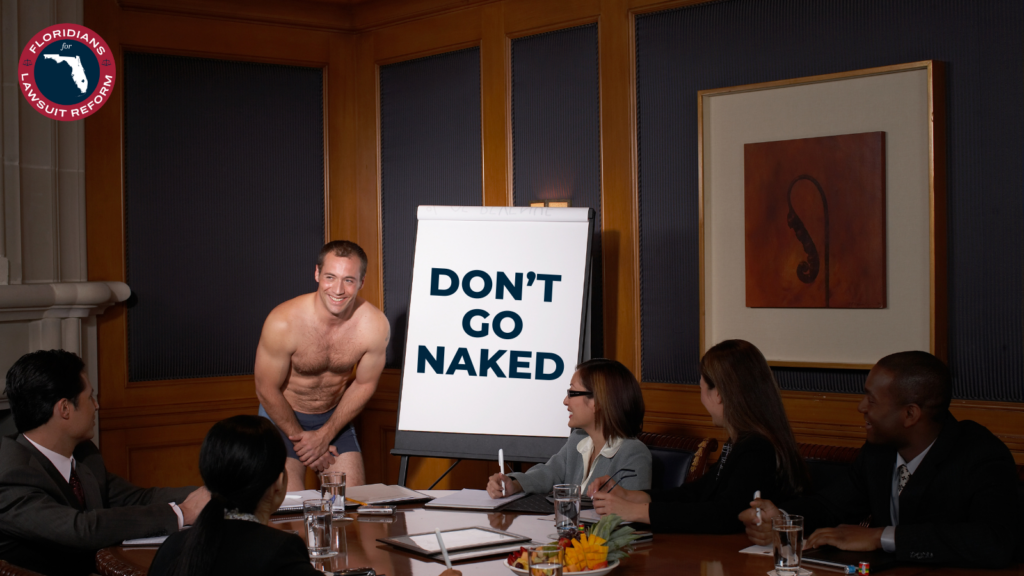
Projections of a very active and dangerous hurricane season aren’t lost on Dave Hollomon.
Yet the 80-something Rotonda West resident is taking his chances and going without property insurance on his home. He said the last quote he received was just too much for him and his wife to afford.
And, he said, he knows a lot more people who are in the same boat.
Florida’s sky-high property insurance rates are taking their toll on everyone and it seems a number of people whose homes are paid for are rolling the dice on a hurricane-free season, in Southwest Florida at least.
“We had a claim after Ian with Citizens and it all worked out well,” Dave Hollomon said. “But when it came time to renew, (our premium) doubled. I tried to call a couple of agents but had no luck.”
He said they lived in the area for 21 years – and the Ian claim was their first time using the insurance.
“We talked about moving back to Michigan and then thought about the winters there,” he said. “We plan to stay, but if we have another major hurricane it will be bad.”
Property insurance rates — not even counting the new FEMA flood maps that have forced some who never had flood insurance to add an expensive policy — have risen in a short amount of time.
The Florida Legislature, bowing to an irate citizenry, passed some reforms in 2022, but they were mostly to help insurance companies that were taking a beating from lawsuits. The logic was, if insurance companies had some protection from frivolous suits for roofs that did not need replaced, they could make more money, stay in Florida and cut their rates.
So far, several have left Florida and no one seems to be cutting rates.
The only good news is that some new insurers are moving into the state.
“There are more and more insurers coming into the market and that should stabilize the rates over the next 12 to 18 months,” said state Rep. Michael Grant, R-Port Charlotte.
But, he added a caveat.
“That said, executives are telling us that the cost of reinsurance (the insurance companies buy to cover any big payouts) is going to increase over the next 10 years because of inflation, building costs and so on.”
The outlook for cheaper insurance just doesn’t look good.
CLIMATE CATASTROPHES AND INFLATION
Insurify, an insurance comparison website, states Floridians pay the highest property insurance rates in the nation.
While rates get lower as you move to the northern counties in Florida, if you live in the south — Naples, Miami, Fort Lauderdale for example — the average annual rate for home insurance is $10,996. And, according to Insurify, that cost will go up 7% or more this year to as much as $11,759 or more.
Chase Gardner, a data scientist at Insurify, said some people in Miami will pay $16,000 to insure a $300,000 home.
“Climate catastrophes and inflation,” he said are the main culprits that are sending rates soaring so quickly.
Gardner said Insurify surveyed homeowners nationwide about their insurance costs and how the high rates impacted their finances and ability to own a home.
Some of the data revealed that:
Six of the 10 most expensive cities to insure a home in the U.S. are in Florida.
As many as 60% of homeowners do not carry flood insurance and 13% of them mistakenly believed their standard home insurance covered it.
Gen X is the least likely to think climate change has affected home values, with 70% denying it while Millennials are most likely to say it has (32%). Gen Z is the most unsure, with 17% saying they don’t know if it has.
Among the 10 states with the most expensive home insurance, all but two have a higher poverty rate than the U.S. average.
Gardner said people moving to Florida for the first time are surprised at the high property insurance rates. “It’s unexpected,” he said.
He added though that while people in Miami and other communities in the southern half of the state are paying five-figure premiums, insurance for similar homes in Jacksonville, for example, could be $4,000 or less.
As far as new companies moving in to ease the burden, he’s unsure.
“It’s hard to say,” Gardner said. “Florida is a really tricky environment. Farmers pulled out its auto insurance and Progressive is not renewing 100,000 policies in the state. They are just weary of doing business in Florida right now.”
Meanwhile, Hollomon said he is watching on the Internet and sees that dozens of people are making the same decision he is about taking their chances without insurance (other than liability).
“I am absolutely worried about this hurricane season,” he said. “But I feel I’m stuck. We’re in our 80s and have a modest income.
“I just hope the state can help.”
